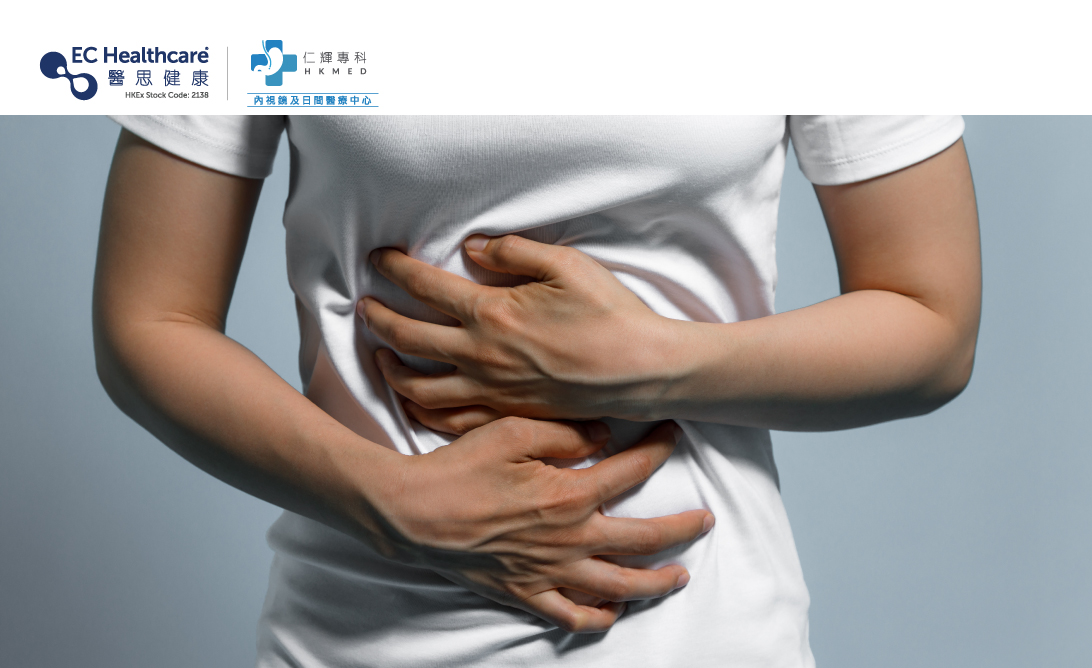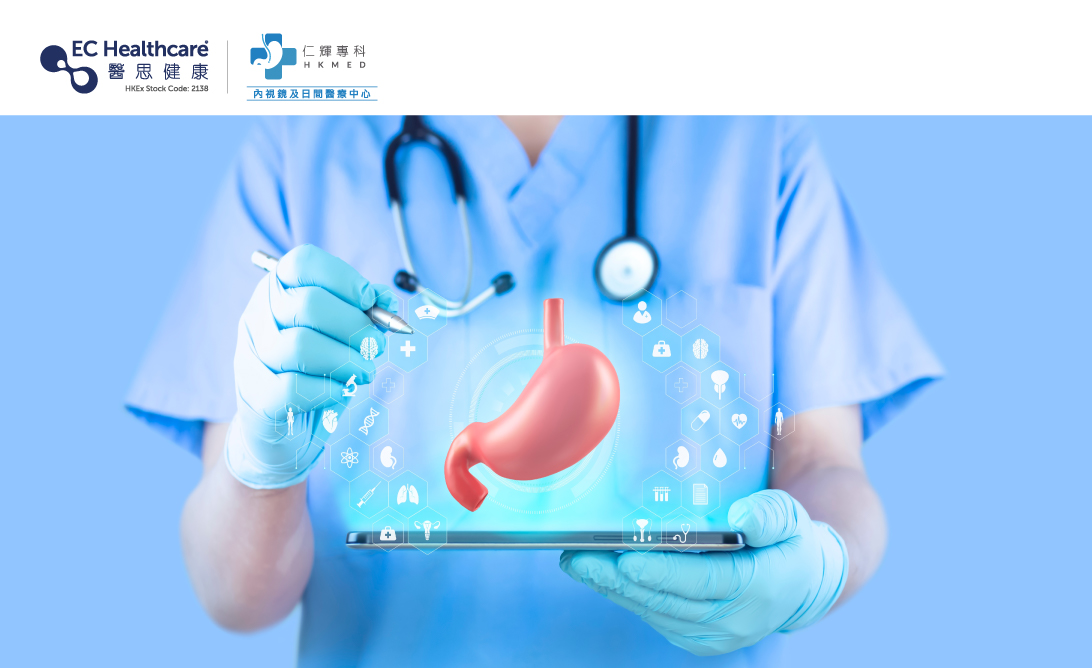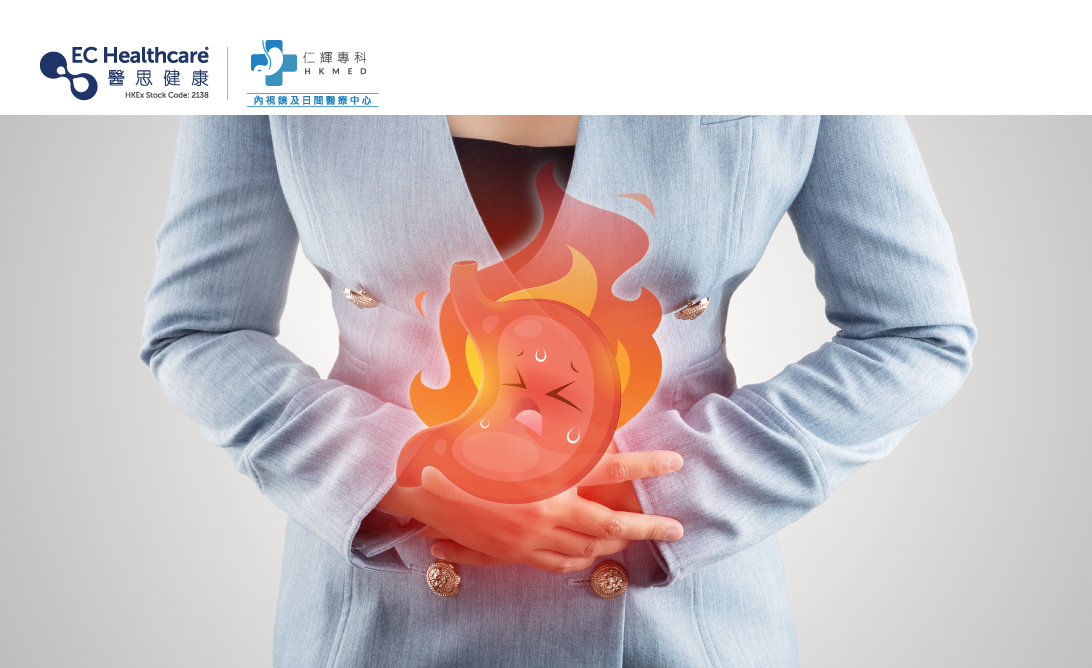New discovery of causes of gastric cancer The same bacterial species as oral pathogens


There are approximately 1,000 new cases of gastric cancer in Hong Kong every year. As age increases, the incidence rate of gastric cancer increases. However, for many years, the medical community has not yet reached a definite conclusion on the cause of gastric cancer. However, the Faculty of Medicine at CUHK recently discovered that a bacterium called Streptococcus anginosus can promote the development of gastric cancer¹.

Early studies believe that in addition to precancerous lesions and genetic factors, Helicobacter pylori infection is the cause of increased gastric cancer, causing patients to experience symptoms such as persistent indigestion, loss of appetite, rapid weight loss, and abdominal distension and discomfort after eating. But in fact, less than 3% of patients develop gastric cancer due to Helicobacter pylori infection. It is believed that other microorganisms in the stomach can cause tumors.
Streptococcus anginosus can survive in an acidic environment with a pH of 3-5
In view of this, the CUHK research team conducted related research and analyzed data from different human groups this time and found that five oral pathogens are abundantly present in patients with atrophic gastritis, intestinal metaplasia and gastric cancer. Among them, Streptococcus anginosus, which mainly exists in the oral cavity, nasopharynx, gastrointestinal tract and vagina, can adapt to highly acidic environments, survive and colonize in the gastric mucosa. Studies have even shown that Streptococcus anginosus has been detected in the gastric mucosa of about 50% to 70% of Chinese gastric cancer patients.
Later, the team conducted experiments on mouse models. They found that after being infected with Streptococcus anginosus, the mouse quickly developed acute gastritis and developed into chronic inflammation, atrophy, mucus metaplasia, and atypical hyperplasia. Thus, it was established that the surface protein of Streptococcus pyogenes, TMPC, interacts directly with ANXA2, a gastric epithelial cell receptor, which enables Streptococcus pyogenes to colonize the gastric mucosa and activate the MAPK signaling pathway, resulting in inflammation and gastric atrophy, triggering the mechanism of gastric cancer and its growth. The team stated that the next phase will focus on inhibiting Streptococcus anginosus as a therapeutic target to control and reduce the risk of gastric cancer.
Prevent gastric cancer
In the early stages of gastric cancer, the symptoms are not obvious and may even have symptoms similar to those of gastrointestinal diseases such as gastritis and gastric ulcer.
To prevent gastric cancer, in addition to maintaining good eating habits, including: reducing the intake of high-salt foods, eating more cruciferous vegetables, and fresh fruits and vegetables rich in vitamin C and carotene. Regular gastric endoscopy (gastroscopy) can help confirm or rule out lesions or diseases in the digestive system, such as the esophagus, stomach and duodenum. Once polyps or suspicious tissue are found, they can be extracted immediately for further testing.
¹ Streptococcus anginosus promotes gastric inflammation, atrophy, and tumorigenesis in mice (2024).
Disclaimer: This article is prepared by an independent third party and is not sponsored. The content provided is solely for informational purposes and should not be considered a substitute for professional medical advice, diagnosis, or treatment. It does not represent any specific viewpoint. In the event of any discomfort or health issues, it is advised to seek medical attention promptly.









